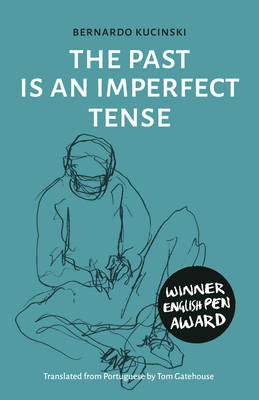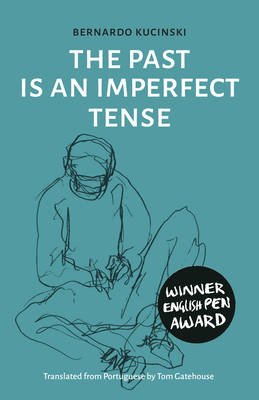
- Retrait gratuit dans votre magasin Club
- 7.000.000 titres dans notre catalogue
- Payer en toute sécurité
- Toujours un magasin près de chez vous
- Retrait gratuit dans votre magasin Club
- 7.000.0000 titres dans notre catalogue
- Payer en toute sécurité
- Toujours un magasin près de chez vous
Description
The adoption of a baby by a couple unable to have children is the point of departure for The Past is an Imperfect Tense, in which B. Kucinski tells the story of a father-son relationship that begins intense and loving and ends up in pieces. The decline begins in the boy's adolescence as he becomes involved with marijuana, amphetamines and crack, a process described by the narrator as "a frenzied pursuit of an artificial paradise." Three factors come together in the story of the boy's life: adoption, drug addiction and racism. The father - who is also the narrator - asks himself, "Would it have been possible at any point to alter the course of this story? Or was it all destined to be?"
While Kucinski's treatment of the story is meticulous and subtle, he writes in a terse style that pulls no punches. The result is a poignant text that confirms Kucinski's place as one of the most outstanding writers of today.
B. Kucinski has received Brazil's Jabuti Award on two occasions and was awarded the Brazilian National Library Literary Prize in 2014 for the best short story collection (Você Vai Voltar Pra Mim). He was also a finalist for the International Literature Award in 2014 and was shortlisted for the International IMPAC Dublin Literary Award for the English version of his novel K in 2015.
B. Kucinski tells the story of a father-son relationship that begins intense and loving and ends up in pieces. Three factors come together in the story of the boy's life: adoption, drug addiction and racism. The father asks "Would it have been possible at any point to alter the course of this story? Or was it all destined to be?"
Spécifications
Parties prenantes
- Auteur(s) :
- Editeur:
Contenu
- Nombre de pages :
- 140
- Langue:
- Anglais
Caractéristiques
- EAN:
- 9781788530880
- Date de parution :
- 17-02-20
- Format:
- Livre relié
- Format numérique:
- Genaaid
- Dimensions :
- 140 mm x 216 mm
- Poids :
- 317 g

Les avis
Nous publions uniquement les avis qui respectent les conditions requises. Consultez nos conditions pour les avis.






